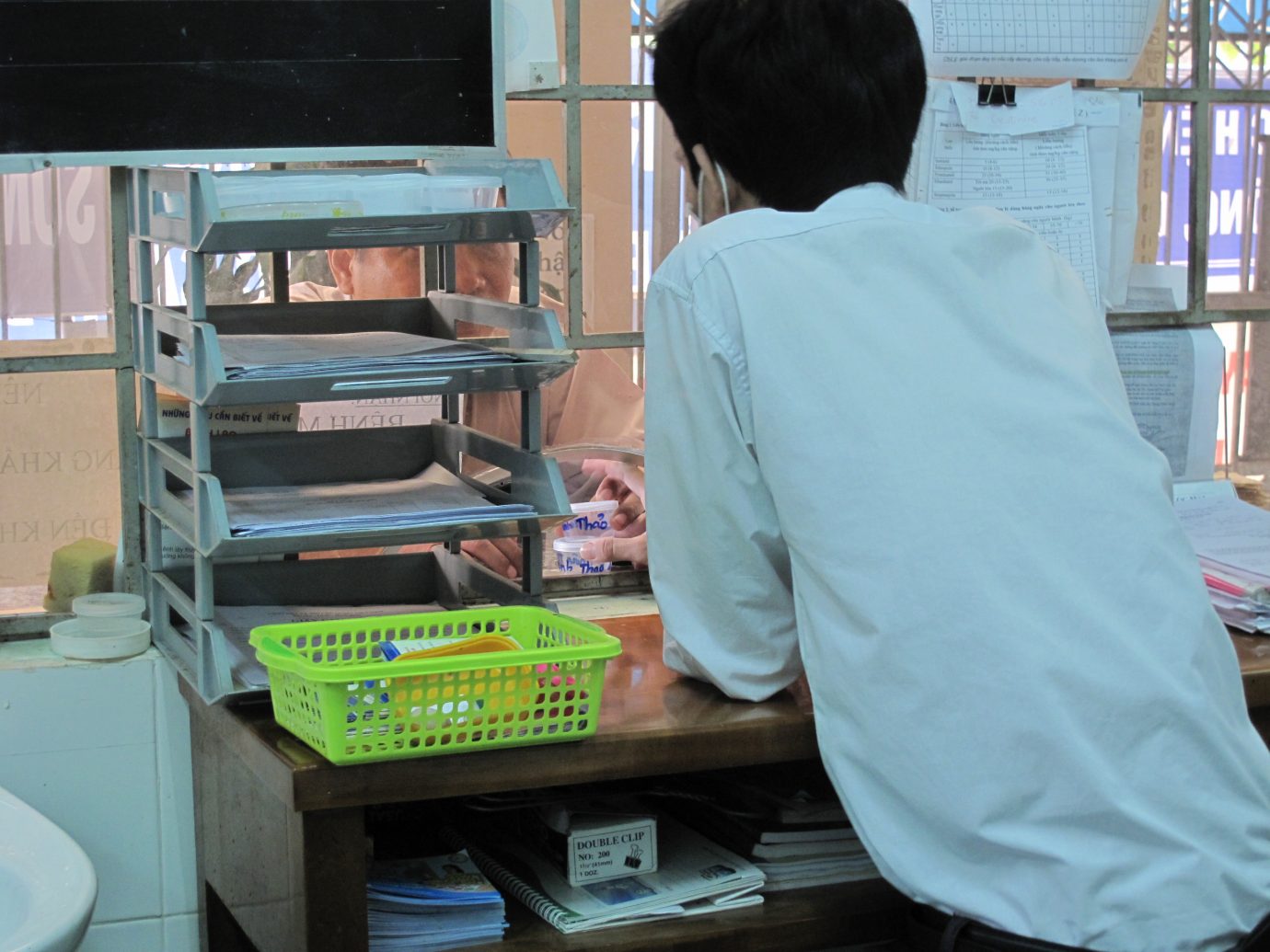The World Health Organization (WHO) today came with recommendations for the use of innovative, rapid diagnostics for multidrug-resistant tuberculosis (MDR-TB) combined with shorter, cheaper treatment regimen that is easier for patients to complete. With this combination of measures, patients with MDR-TB will quickly receive a correct diagnosis and can immediately get the right treatment for their disease. This increases the likelihood of their successful treatment and cure.
“KNCV welcomes the WHO recommendations. In the countries where we work the WHO’s support is very important. It paves the way for wider use of a more patient-friendly approach to this serious form of tuberculosis. Patients can be helped more quickly and appropriately and it will save many lives” says Michael Kimerling, Technical Director of KNCV Tuberculosis Foundation.
Shorter treatment gives better results
The conventional treatment for most MDR-TB is prolonged (18-24 months) and has many side effects. It is difficult for patients to complete and this contributes to a low cure rate: an average of just over 50 percent cured patients worldwide.
For the price of less than USD 1,000 per patient, the new MDR-TB treatment can be completed within 9 to 12 months. Not only is the new drug treatment much shorter and cheaper, but the expectation is that more people will be cured successfully (in optimal circumstances this can be up to 80-85 percent). A fast, effective treatment also reduces the risk of further spread of MDR-TB among the population.
MDR-TB: a major global problem
MDR-TB poses a serious threat to public health worldwide. The treatment consists of a combination of drugs and requires tailored prescribing. It is therefore important to identify as early as possible the type of drug resistance in order to quickly provide the patient with the most effective treatment. With the rapid new diagnostics (molecular line probe assay) it can be determined more precisely what drug-resistance patterns a patient has via the so-called patient triage method. Patient triage (which uses the WHO-recommended diagnostic) refers a patient with drug-resistant either to the shorter MDR-TB treatment, or to treatment with the new drug bedaquiline.
According to WHO, currently only 20 percent of people with MDR-TB get the treatment they need. Of the 480,000 people who develop MDR-TB every year, 190,000 people will die. This needs to change.
The percentage of patients with MDR-TB in the Netherlands fortunately remains low. In 2014, 6 patients with MDR-TB were diagnosed in the Netherlands. In the Netherlands, patients are individually treated on a tailor-made basis in specialized clinics.
KNCV is committed to the principle of “the right diagnosis and the right treatment.” KNCV has always promoted a clear road map to guide countries through the various promising medical breakthroughs such as new diagnostic techniques and deployment of new drugs and repurposed drugs.
In Vietnam, where KNCV has been active since 1983, a pilot project was carried out this year in three locations, with KNCV support. On the basis of the triage method patients were tested for drug resistance. In one month (April 2016) eighteen patients were put on the shorter MDR-TB treatment regimen while five patients started treatment with the new drug bedaquiline.
The WHO recommendations are a glimmer of hope for the fight against tuberculosis, and especially for patients with a drug-resistant form of tuberculosis.
More information
• WHO Press Release 12 May 2016 – Rapid diagnostic test and shorter, cheaper treatment signal new hope for multidrug-resistant tuberculosis patients
• WHO Factsheet – The Shorter MDR-TB Regimen
• WHO Factsheet – Molecular Line-Probe Assay for the Detection of Resistance to Second-Line Anti-TB Drugs (SL-LPA)
(In multidrug-resistant tuberculosis the bacteria is resistant to the two most powerful anti-TB drugs.)

